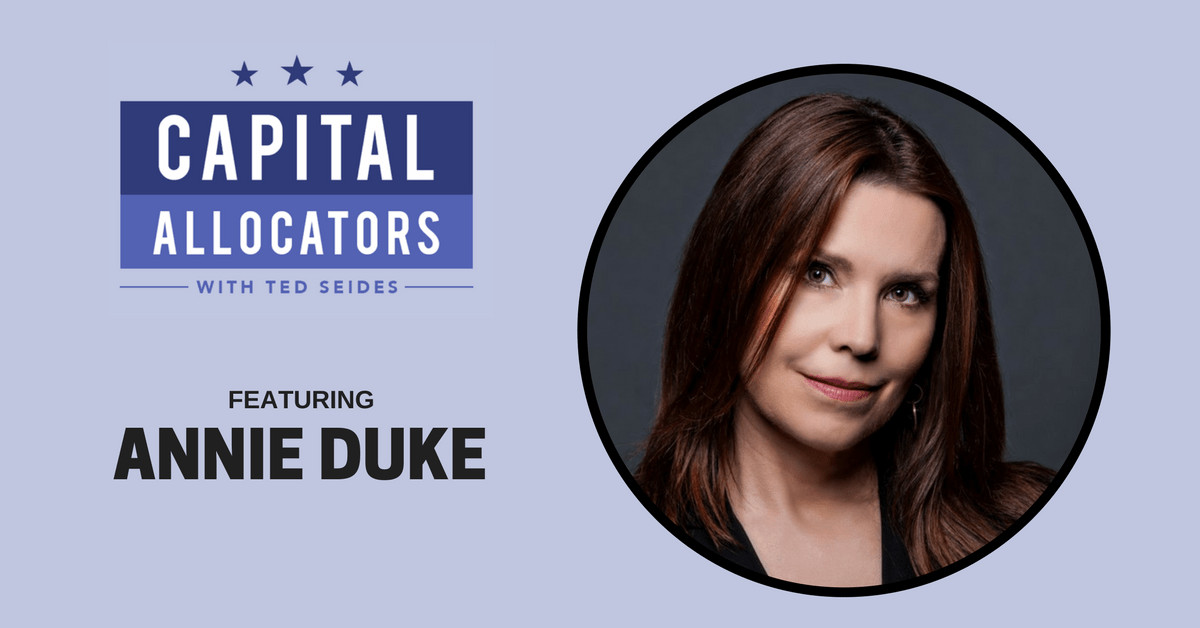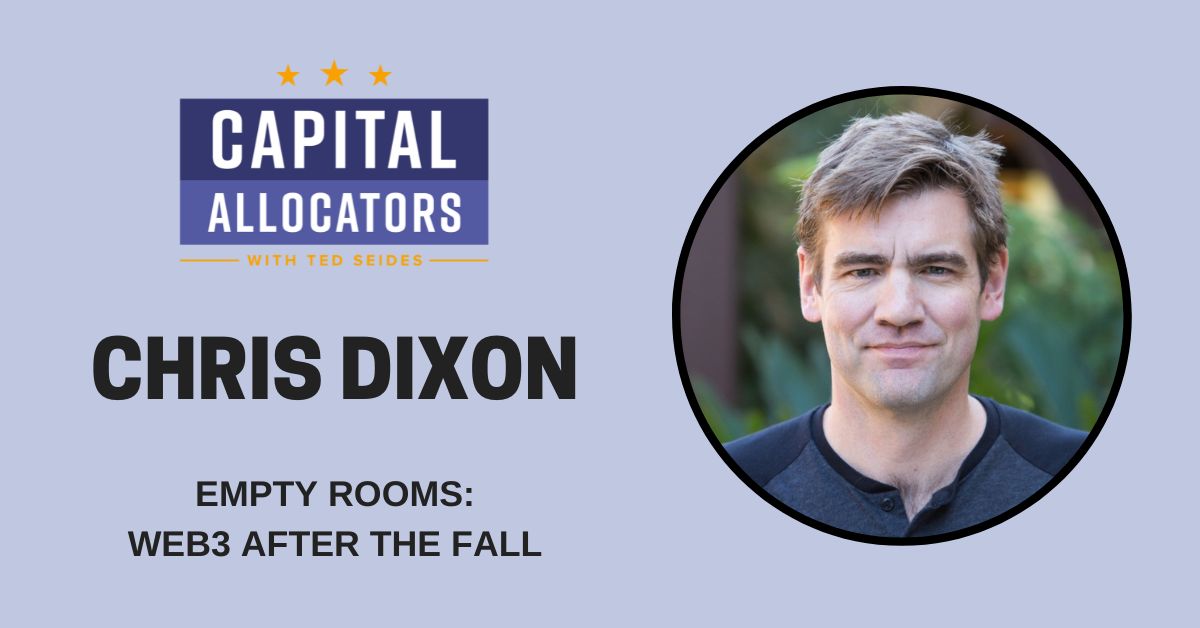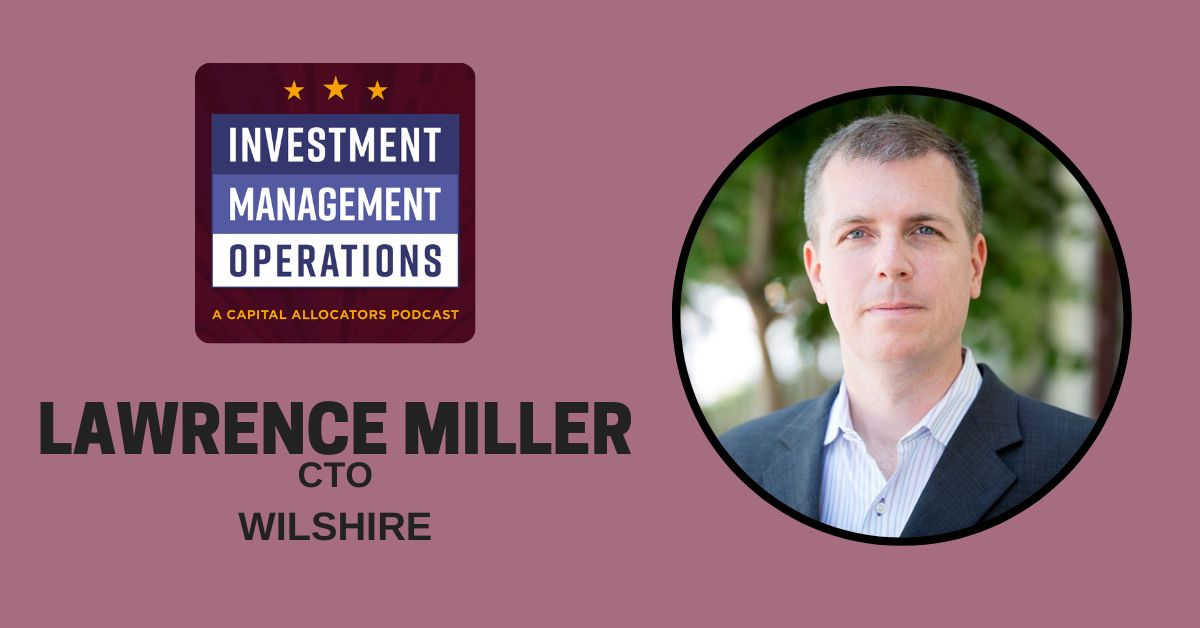
Improving Decision Making
Episode Description:
Annie Duke is a renown public speaker and decision strategist. For two decades, she was one of the top poker players in the world, including winning a World Series of Poker bracelet and the $2 million winner-take-all WSOP Tournament of Champions. Her study of the science of smart decision-making began with a National Science Foundation Fellowship, which she used study Cognitive Psychology at the University of Pennsylvania. Among her charity work and television appearances, Annie was a runner-up to Joan Rivers on Celebrity Apprentice, during which she raised $700,000 for Refugees International. She is a natural teacher and storyteller with an active mind that constantly searches for accurate truth.
I highly recommend Annie’s new book, Thinking in Bets, which comes out this week. In her life after poker, she is a featured speaker, writes a newsletter and a blog, and advises companies on improving their decision-making process. Have a look at her website, annieduke.com, for more information.
Our conversation discusses Annie’s path from an Ivy League education to professional poker, the nature of a bet, how we form beliefs, why we make bad decisions, and what we can do to improve our decision-making process. Towards the end, we also talk about bankroll management, poker faces, and advice she would give the President on how to make better decisions.
All opinions expressed by Ted and podcast guests are solely their own opinions and do not reflect the opinion of the firms they represent. This podcast is for informational purposes only and should not be relied upon as a basis for investment decisions.




